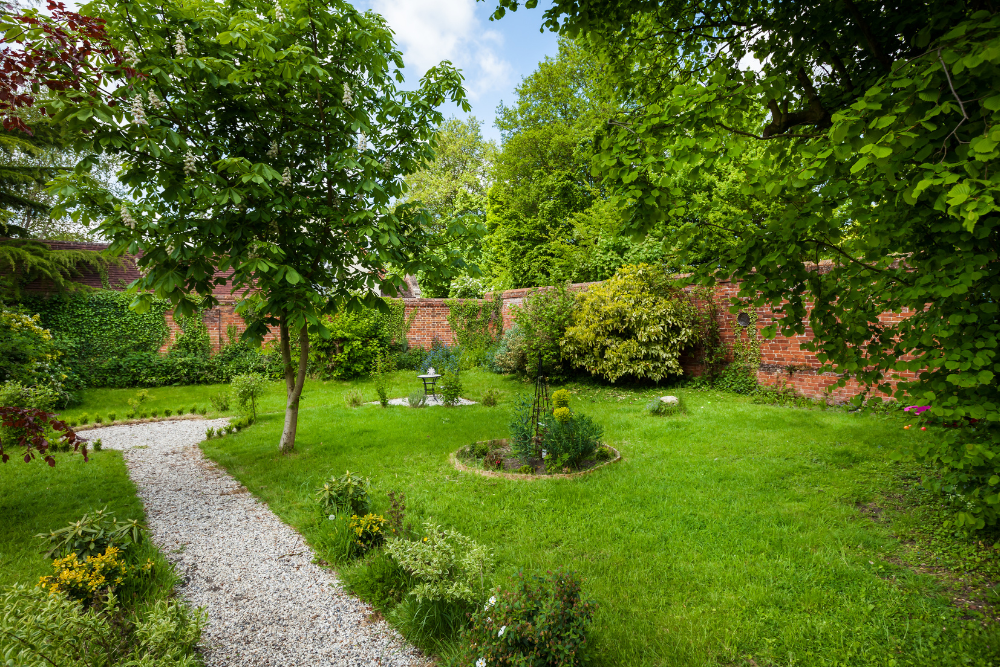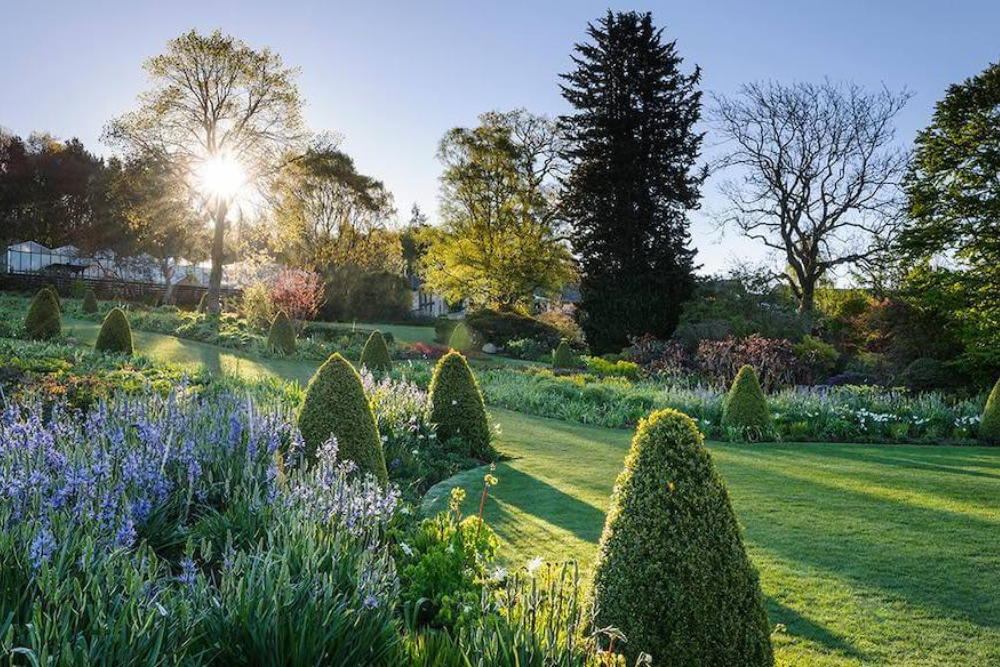Malaysia, known for its vibrant culture and stunning landscapes, also boasts a collection of hidden gems—its Zen gardens. These serene spaces are not just for relaxation; they embody centuries of philosophy and artistry. Let’s explore the enchanting Zen gardens of Malaysia, where tranquility meets natural beauty.
The Essence of Zen Gardens
Zen gardens, or “karesansui,” originated in Japan as a means to promote meditation and reflection. They typically feature meticulously raked gravel or sand, representing water, alongside rocks and carefully chosen plants symbolizing mountains and islands. In Malaysia, these gardens blend traditional Japanese aesthetics with local flora, creating unique landscapes that invite visitors to pause and reflect.
1. The Japanese Garden in Kuala Lumpur

Located within the sprawling Lake Gardens, the Japanese Garden is a must-visit for those seeking tranquility in the heart of the bustling capital. This garden features a picturesque koi pond surrounded by lush greenery, stone lanterns, and beautiful bridges. Visitors can stroll along winding paths while enjoying the calming sounds of nature. Don’t forget to capture the stunning cherry blossoms when they bloom!
2. Perdana Botanical Gardens

Also situated in Kuala Lumpur, the Perdana Botanical Gardens offers a dedicated Japanese Garden section that is perfect for those looking to escape the city’s hustle and bustle. This beautifully landscaped area features traditional elements such as stone pathways, bonsai trees, and a serene pond filled with lotus flowers. It’s an ideal spot for meditation or simply enjoying a quiet afternoon with a book.
3. The Zen Garden at The Haven Resort

Located in Ipoh, The Haven Resort features a beautifully designed Zen garden that seamlessly integrates with its natural surroundings. Visitors can enjoy breathtaking views of limestone cliffs while walking through lush greenery and intricately placed rocks. The sound of flowing water from nearby streams enhances the tranquil atmosphere, making it an excellent spot for yoga or mindfulness practices.
4. Taman Ekuestrian Putrajaya
This equestrian park in Putrajaya contains a delightful Zen garden that attracts both locals and tourists alike. The garden showcases traditional Japanese landscaping techniques combined with Malaysian elements. With its peaceful setting surrounded by lush greenery and gentle hills, it serves as an oasis for relaxation and contemplation.
5. The Japanese Tea House at Penang Hill

Nestled on Penang Hill, the Japanese Tea House offers visitors a unique experience combining tea culture with Zen principles. Surrounded by beautifully manicured gardens featuring koi ponds and tranquil pathways, this location invites guests to engage in traditional tea ceremonies while soaking in the serene atmosphere.
Why Visit Zen Gardens?
Visiting Zen gardens provides numerous benefits beyond mere sightseeing:
– Stress Relief: The calming environment encourages relaxation and mindfulness.
– Cultural Insight: These gardens offer a glimpse into Japanese aesthetics intertwined with Malaysian culture.
– Nature Connection: Spending time in these gardens fosters a deeper appreciation for nature’s beauty.
Tips for Visiting Zen Gardens
1. Respect the Space: Remember that these gardens are places of reflection; maintain silence to preserve their tranquility.
2. Dress Comfortably: Wear comfortable clothing and shoes suitable for walking on various terrains.
3. Engage Mindfully: Take your time to observe the details—the arrangement of rocks, patterns in the gravel—allowing yourself to fully immerse in the experience.
Conclusion
The Zen gardens of Malaysia present an incredible opportunity to connect with nature while embracing tranquility amid daily chaos. Whether you’re seeking solitude or simply want to appreciate beautiful landscapes, these gardens promise an unforgettable experience that nurtures both body and mind.












